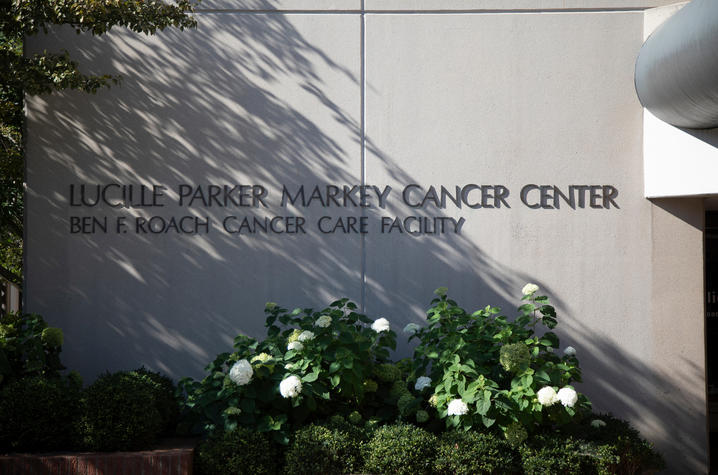Clinical Trials for Cancer During the COVID-19 Pandemic

Across the country, a lot of health care-related research has been paused as people are asked to stay home and maintain social distancing. However, there’s some good news: many clinical trials are still underway, and the Food and Drug Administration (FDA) has provided guidance to clinical researchers across the country on how to continue offering these trials while maintaining patient safety.
Why are clinical trials so important?
A clinical trial is a carefully planned and regulated study that evaluates the effectiveness of a certain therapy. A clinical trial often allows patients to receive a new therapy that they could not get anywhere else – and for patients whose disease has not responded to standard-of-care treatments, a clinical trial can be life-saving.
Cancer care evolves and improves through research and clinical trials. Today’s therapies are far different than the treatments of the past, as we continue to learn how to treat patients in ways that are more effective with fewer side effects.
If I’m enrolled in a clinical trial at Markey, can I still participate in that trial right now?
It depends on the type of study you are participating in. For patients who are enrolled in “therapeutic studies” – that is, studies where treatment is given – we are continuing to offer these trials. For many of our patients, these therapeutic trials represent the best treatment option to fight their cancer, and can sometimes mean the difference between life and death. These studies make up the vast majority of the clinical trials we offer at the University of Kentucky Markey Cancer Center.
However, if you are a participant in an “observational study” – meaning, your condition is being monitored but no intervention or treatment is given – then the University of Kentucky has paused these trials to in-person participation. This means you may only participate in these trials by phone or internet for your safety during the COVID-19 pandemic.
If you have any questions about the status of your clinical trial, please contact your study coordinator or physician.
What if I want to stay in the trial, but I don’t want to physically come to Markey for all the appointments?
We have recently implemented UK TeleCare clinic visits. You may be able to be seen at home, and if your study involves oral medication, we may be able to send it to you through the mail. Speak with your research study team about this possibility.
If you are concerned about coming to Markey, speak with your physician about your options.
I’m not currently enrolled in a clinical trial, but will I still have the opportunity to enroll in a trial during the COVID-19 pandemic?
Yes. Because many of the interventions we offer in our clinical trials represent a patient’s best chance to treat certain cancers, we continue to enroll patients into new and existing clinical trials.
What are you doing to maintain patient safety for those who come in for appointments?
At Markey, we continue to care for patients who need essential cancer treatments: chemotherapy, radiation medicine, surgery, clinical trials and more. Like other medical centers across the country, we are working diligently to clean and sanitize facilities to help keep our patients safe. While we continue to maintain our stringent standards of cleanliness in patient care areas, we now have new rules in place to limit the number of people entering our facilities and have increased cleaning in lobby and general public areas.
As we continue through the COVID-19 pandemic, using the guidance we receive from the FDA and the National Cancer Institute, patient safety will continue to be the top priority when it comes to continuing our clinical research.
For more specific information about COVID-19 for cancer patients, visit our online FAQ at ukhealthcare.uky.edu/markey-covid-19. For more information on the novel coronavirus and UK HealthCare’s response, please visit Questions and Answers about COVID-19.
More from this series Research Priorities - Cancer
Credits
Allison Perry (Public Relations and Strategic Communications)


